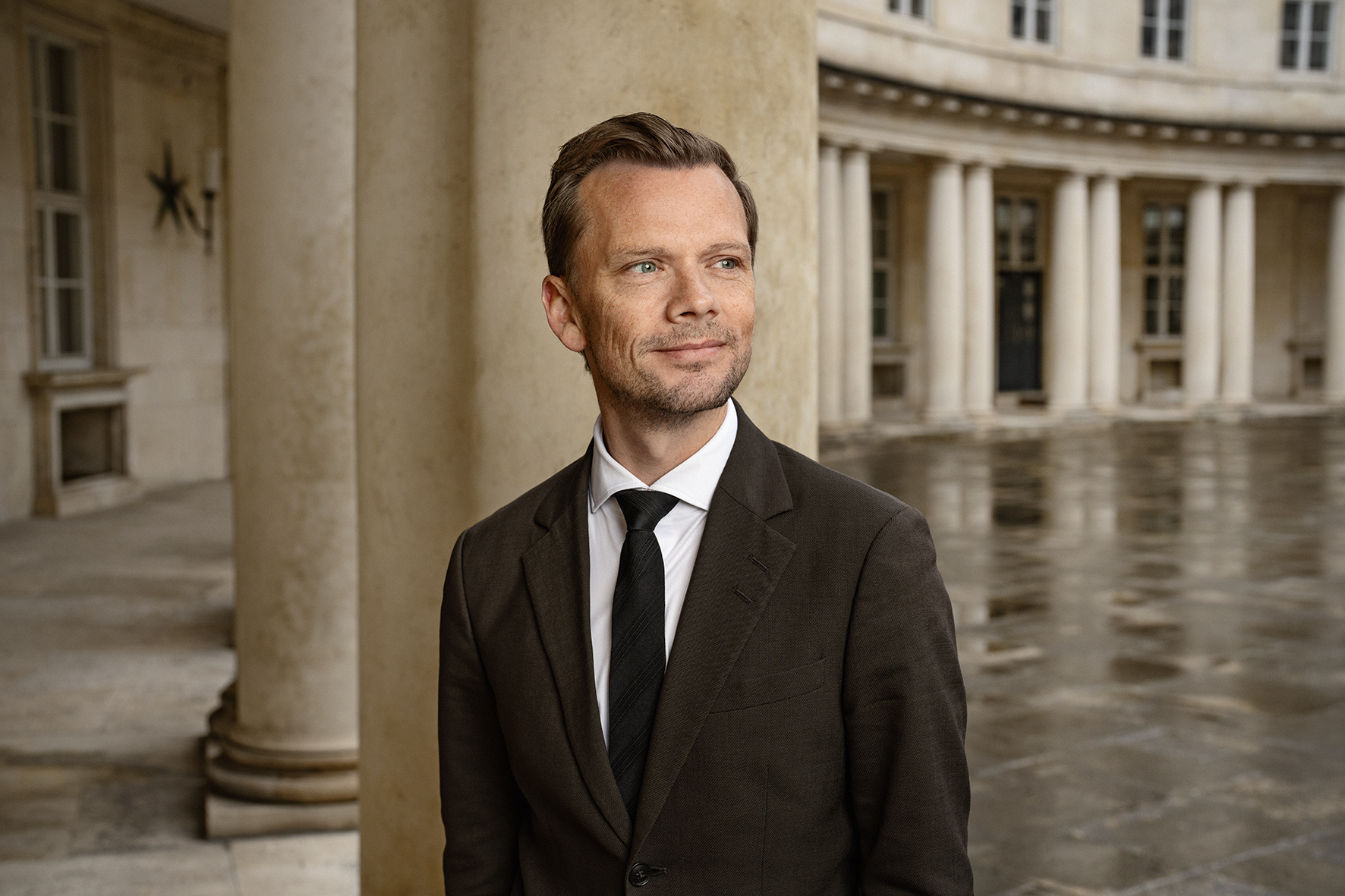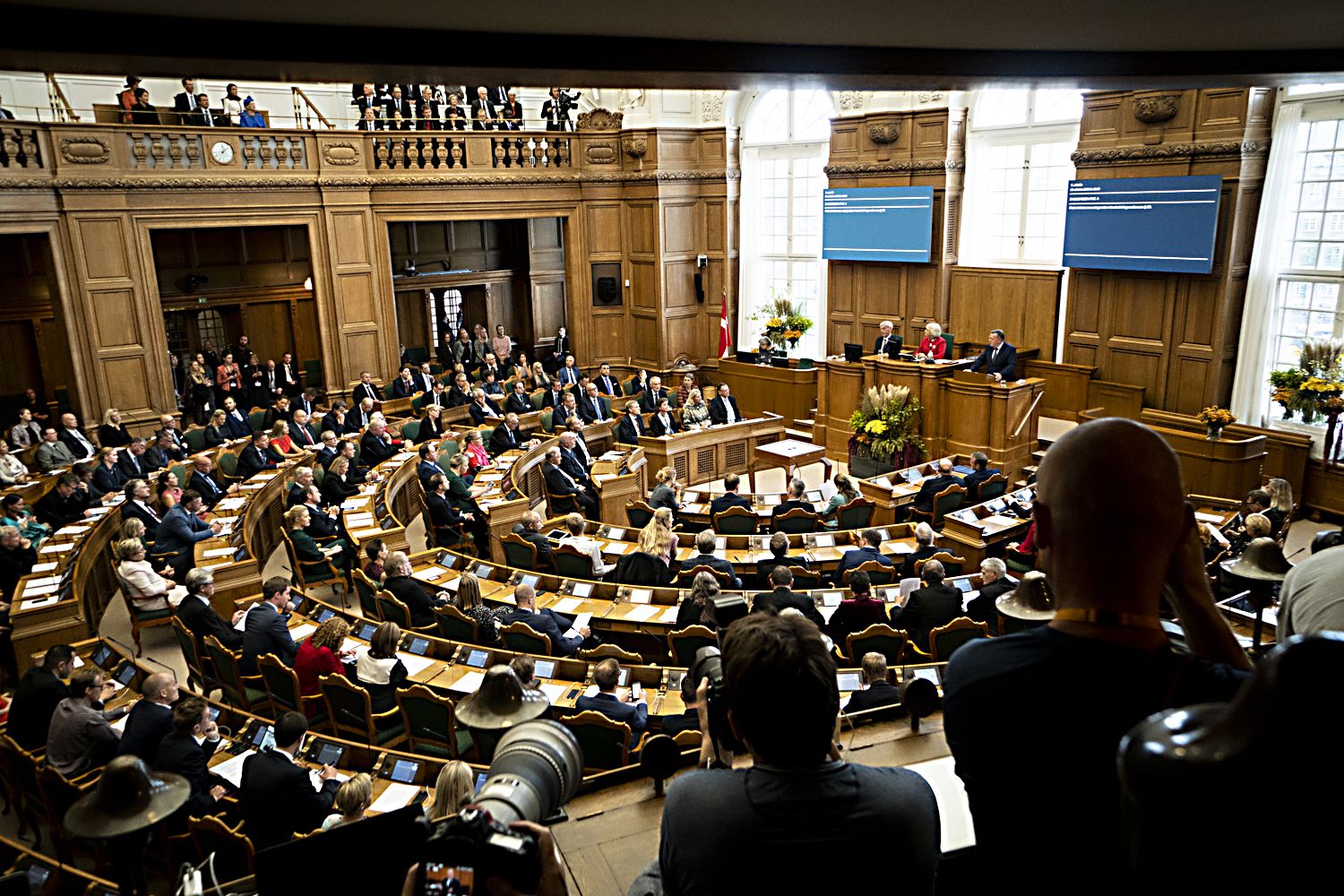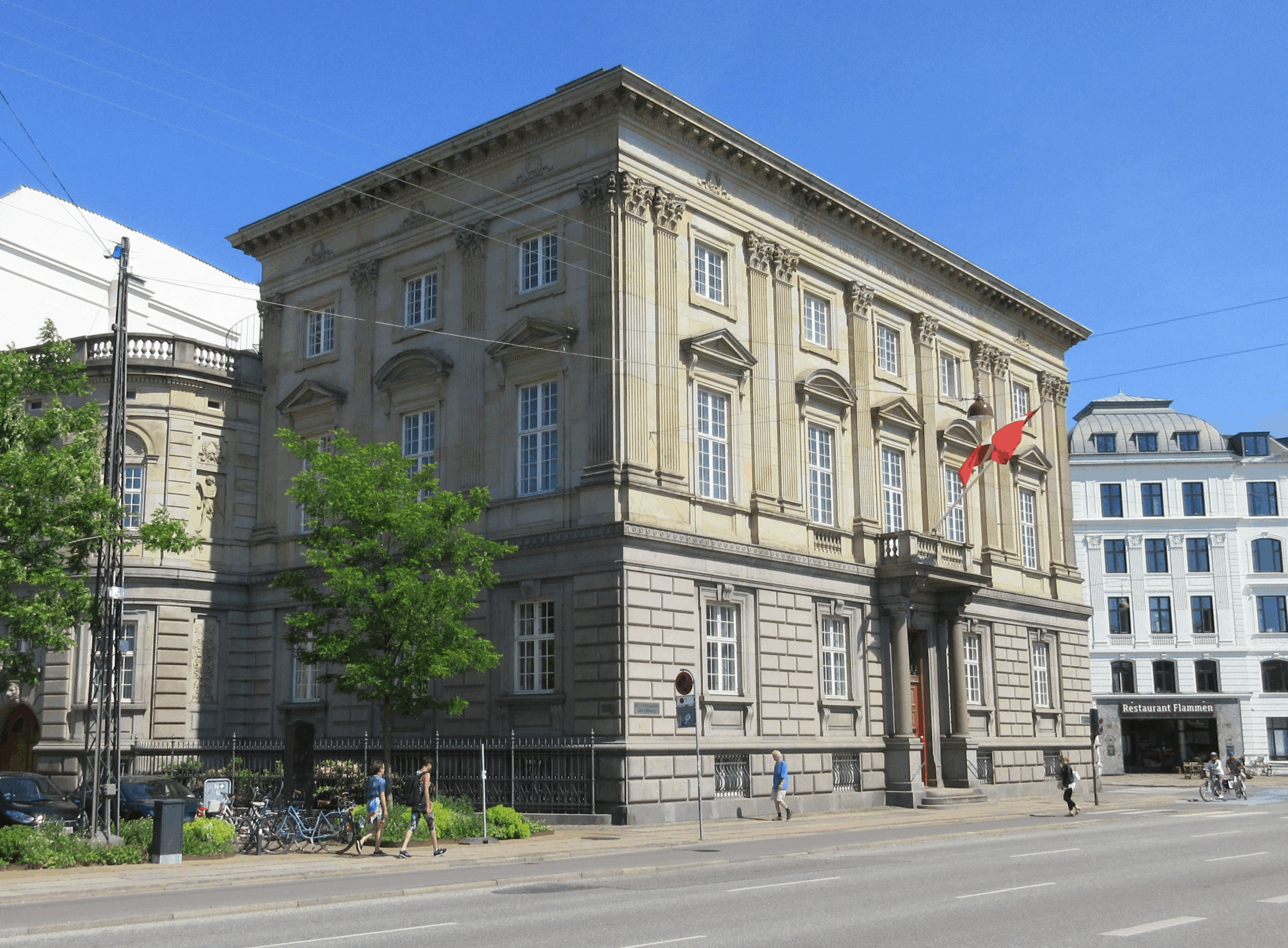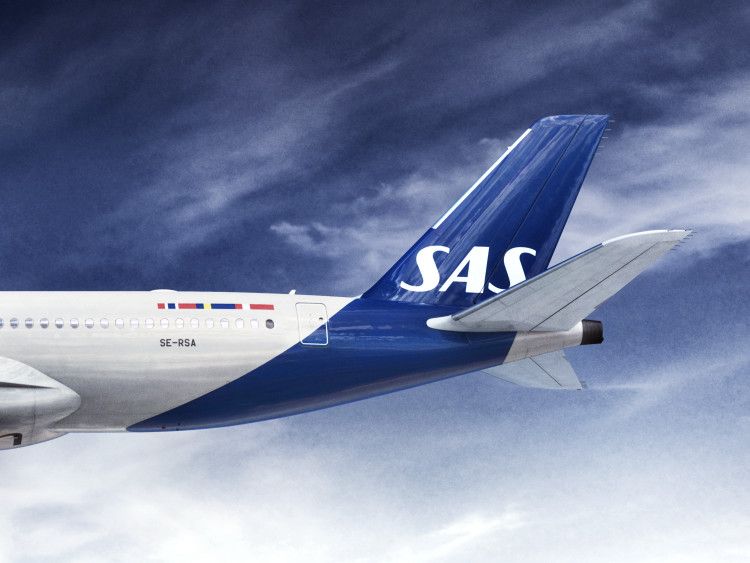While poor economic climate has forced many businesses to cut back and lay off employees in order to protect their bottom lines, the oil industry is struggling to find enough qualified staff to satisfy the demand – this year Maersk Oil alone is expected to hire more than 300.
According to Erling Stenby, professor at DTU and oil industry expert, hiring problems is a problem oil companies worldwide are facing.
“We are experiencing a strong demand for our students, both from Danish and foreign companies,” Stenby said. “All over the world the industry is screaming out for staff and it is probably their greatest challenge right now.”
Stenby also criticised the blind focus on the transition to green energy given that the Danish economy will be dependent on the income from oil production for many years. He argued that Denmark would benefit if more people were encouraged to find work in the oil industry.
“It’s an exciting and well paid profession and it will continue to be for many years, but when politicians keep on talking about green energy they make it sound like the oil industry is not something to bother with.”
The Danish oil industry is not dying, however, and earlier this week Jyllands-Posten newspaper reported that Maersk was spending 100 million kroner on new exploration drills in the North Sea, their first since 2008.
Maersk is drilling for so-called high-temperature, high-pressure (HPHT) oil that is more difficult to access than the oil it has so far been drawing out from the North Sea oil wells.
The increased difficulty of drilling for HPHT oil explains the demand for more staff according to Pierre Berkmann, head of HR at Maersk Oil Denmark.
“It requires more clever heads. They can be hard to find because unemployment in the group that we are looking for, such as engineers, is low,” Berkamm said, adding that the green energy industry has done a better job marketing itself and appealing to young people.












